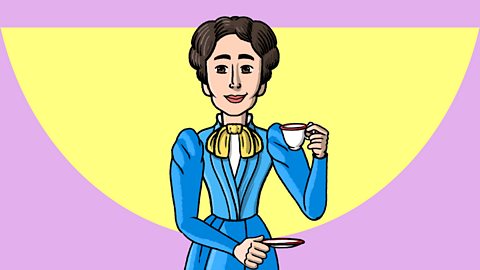In many ways the Victorians invented leisure and modern holidays.
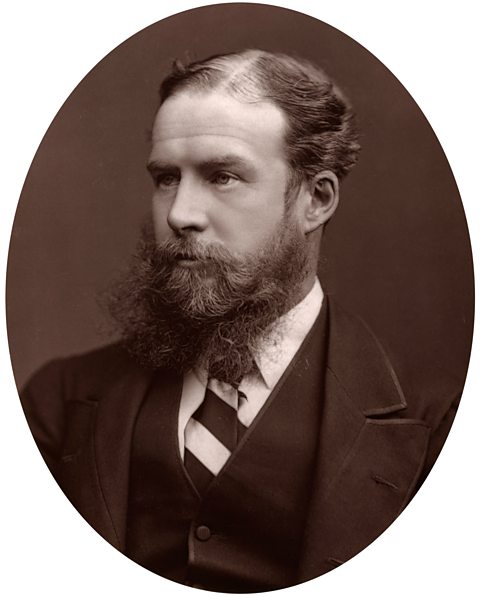
The Victorians and bank holidays
We have the Victorians to thank for our bank holidays - days when even banks were closed.
They were called bank holidays because banks were closed for business on these days
The dates of many bank holidays come from traditional festivals based on the seasons.
The Christian festivals of Christmas, Easter and different saints' days began to be celebrated around similar dates. These holy days were days when people who farmed in the countryside took time off their work to go to church and celebrate. Holy days is where the word holidays comes from.
It was a man called Sir John Lubbock who suggested the idea of bank holidays in parliament. He felt strongly about the health of workers and felt that holidays would be good for people.
Bank Holidays became law after an Act of Parliament made in 1871. Scotland had five bank holidays including Christmas Day and the first Monday in August

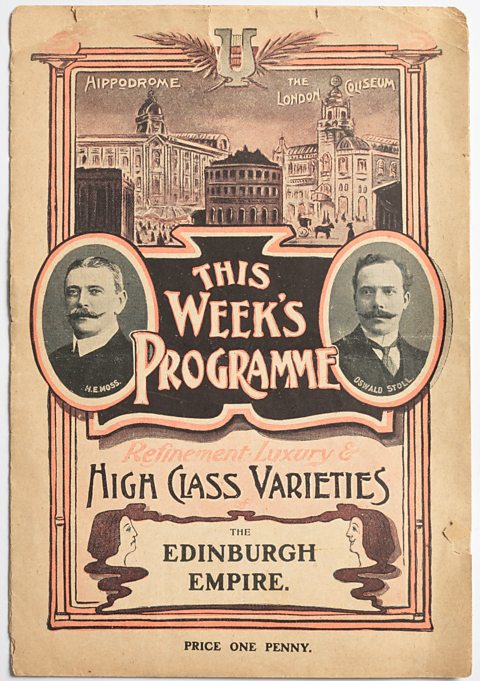
The Victorians and leisure
You could say that the Victorians invented free time. Industrialisation and changing working hours and conditions meant that people had days off. They made the most of their new free time, inventing many of the leisure activities that we enjoy today.
For example, it was during the Victorian era that we saw the first football clubs and the first theme parks.
Some things that were very popular during the Victorian era aren't around today. The music hall was a bit like the theatre, and people went there to see a show which might have everything from singers and comedians to magicians and performing animals. Over time though, music hall became less popular.

Going 'doon the watter'
The sort of holiday you had depended on what social class you came from.
The upper classes could take long holidays. Many enjoyed things like shooting and fishing on country estates.
The working classes might only get a day off. For working people from the west coast of Scotland, one of the most popular things to do was to get on a paddle steamer and take a trip down the River Clyde to places like Rothesay and Dunoon. This was known as going 'doon the watter', which means to go 'down the water.'
Rothesay saw hundreds of thousands of summer and bank holiday visitors who made the trip. There were lots of places to eat and drink, and people enjoyed lying on the beach just as we do now.
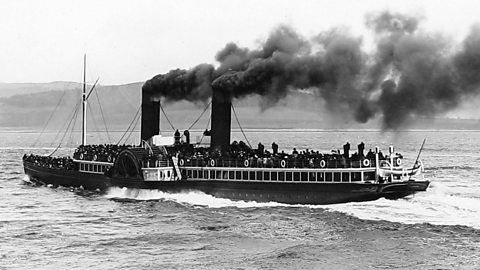
Image caption, A paddle steamer heading out on to the River Clyde, taking Victorian holidaymakers 'doon the watter'
1 of 4
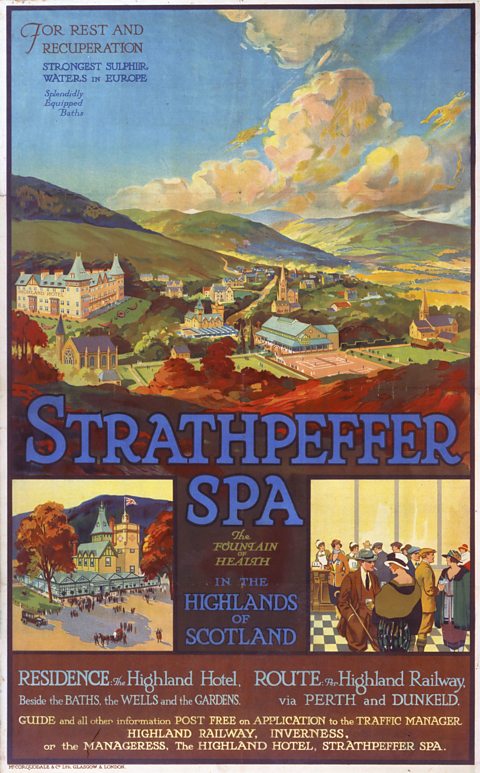
Holidays for health
Victorians were very keen on the idea of improving their health.
They thought drinking or bathing in natural spring waters (known as spa water) was good for your health.
Spa towns and hydro hotels in places like Crieff, Moffat and Peebles became popular destinations for healthy holiday.
The town of Strathpeffer near Inverness became a very popular Victorian spa town, and people came from all over the country to take its waters.
There were some very odd kinds of baths available at the Strathpeffer Spa. For example, you could have a peat bath!
Visiting Strathpeffer became even more popular when the railway was extended to the town in 1885.


More on Victorians
Find out more by working through a topic
- count19 of 19
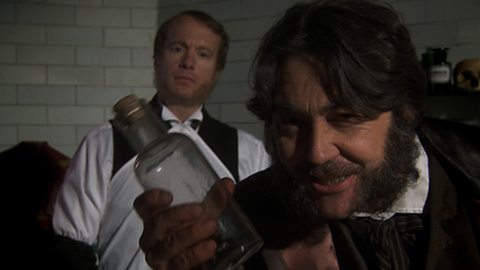
- count1 of 19
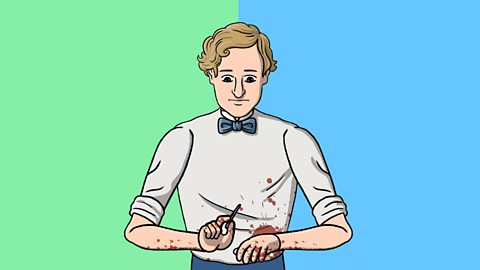
- count2 of 19
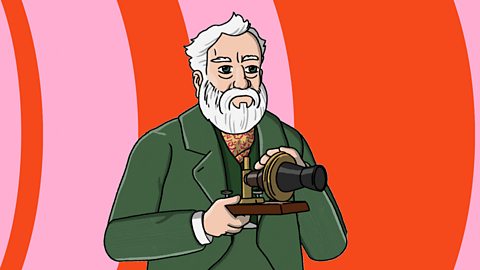
- count3 of 19
